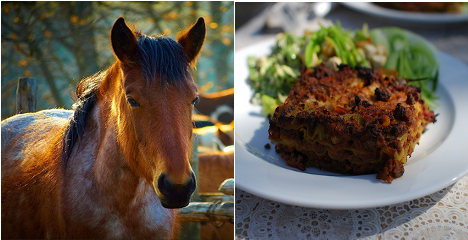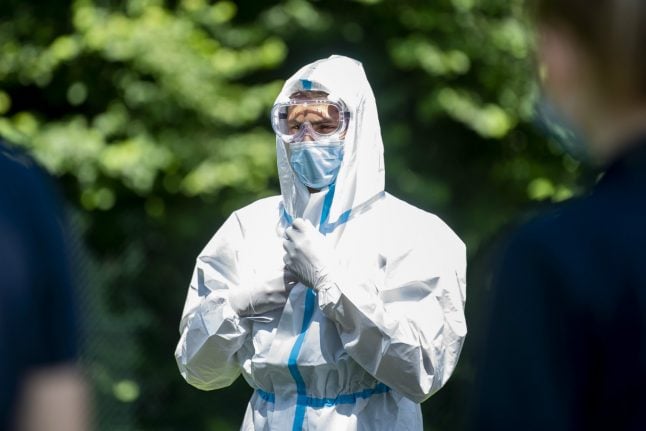"The inquiry revealed that Spanghero knew they were processing horsemeat under the label of beef, or at the very least there are strong suspicions," said French government minister Benoit Hamon at a press conference on Thursday.
Hamon, the minister for consumer affairs said the firm engaged in "fraud", and Agriculture Minister Stephane Le Foll said Spanghero's licence was being suspended while experts carried out tests on products at its processing plant.
"Spanghero were the very first agents to stamp the meat as 'beef'," said Hamon, adding that investigators had found that non-compliant labels had been used, and meat had also been relabelled illegally.
"Spanghero must have known the market price, yet kilos of meat were purchased well below those market prices," Hamon argued.
French daily Le Parisien reported that Spanghero had been billed for 42 tonnes of horsemeat
The bill was dated January 4th, made out to Spanghero and printed on the headed paper of Draap Trading, the Dutch-run, Cyprus-based intermediary which sourced meat in Romania for Spanghero.
The bill contains the numbers 0205 0080, which the paper said was an international code for frozen horsemeat. Spanghero did not immediately respond to AFP's request for an explanation of the bill.
Le Parisien said Romanian authorities had shown it three similar bills. In total, the bills add up to orders for 42 tonnes of minced offcuts – the fat, tendons and other pieces left over after the horse has been deboned and the prime cuts removed.
Elsewhere in the Europe-wide horsemeat scandal, a UK minister revealed a potentially harmful horse drug has entered the human food chain in France, in horse carcasses exported from Britain.
Agriculture minister David Heath said the drug phenylbutazone, which can cause a serious blood disorder in humans in rare cases, was not found in tests on products made by Findus, the food giant embroiled in a Europe-wide horsemeat scandal.
Heath told parliament that the Food Safety Agency (FSA) had tested the carcasses of 206 horses slaughtered in Britain for traces of the painkiller, also known as "bute".
"Eight have come back positive. Three may have entered the food chain in France. The remaining five have not gone into the food chain," he told lawmakers.
"FSA are working with French authorities in an attempt to recall the meat from the food chain."



 Please whitelist us to continue reading.
Please whitelist us to continue reading.
Member comments